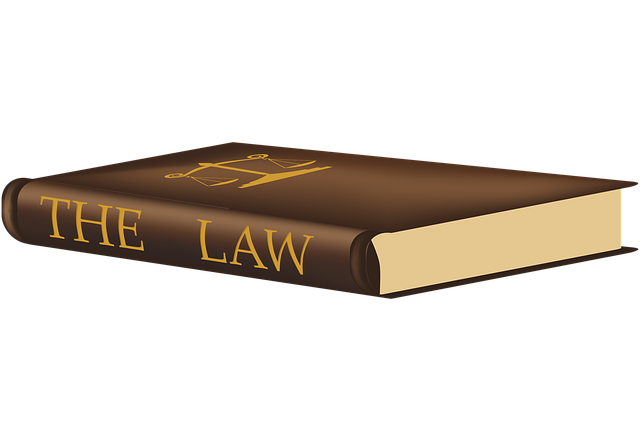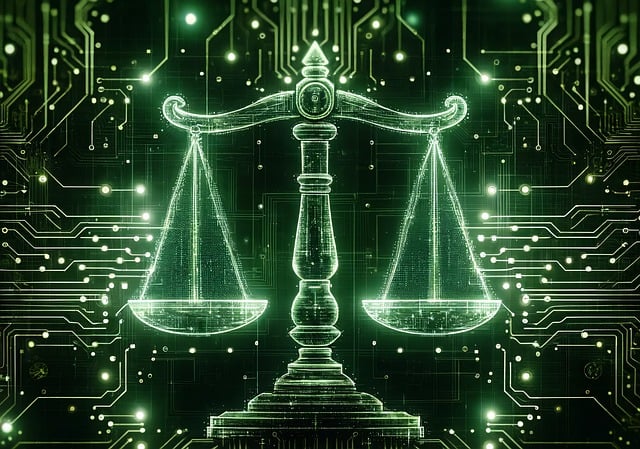Mail wire fraud, facilitated by deceptive emails and online platforms, poses significant risks to individuals and businesses. Scammers employ phishing and fake check scams, impersonating legitimate organizations. To prevent and defend against these threats, exercise caution when sharing data, verify communications' authenticity, and understand effective criminal defense strategies for DUI charges. These include thorough documentation, evidence preservation, and immediate legal consultation. The legal consequences of mail wire fraud are severe, but a robust defense strategy can lead to the dismissal of charges. By applying tactics like gathering evidence, expert testimonies, and reviewing documents, defendants can navigate complex accusations and aim for favorable outcomes in both corporate and individual contexts. Proactive measures, such as education about common schemes and regular financial monitoring, significantly reduce the risk of becoming a victim.
Mail wire fraud, a sophisticated form of cybercrime, involves manipulating individuals through deceptive communication to transfer funds or sensitive information. This article unravels mail wire fraud, exploring common schemes, red flags, and legal implications. We offer effective criminal defense strategies inspired by successful DUI charge cases, providing valuable insights for accused individuals. Additionally, learn preventive measures to safeguard yourself from becoming a victim, ensuring a more secure digital environment.
- Understanding Mail Wire Fraud: Definition and Common Schemes
- Identifying Red Flags: Recognizing Potential Mail Wire Fraud Attempts
- Legal Implications: Consequences of Being Involved in Mail Wire Fraud
- Building a Strong Defense: Strategies for Accused Individuals
- Preventive Measures: Safeguarding Yourself from Becoming a Victim
Understanding Mail Wire Fraud: Definition and Common Schemes

Mail wire fraud is a malicious scheme where criminals exploit electronic communication systems to defraud individuals and businesses. It involves the unauthorized transfer of funds or sensitive information through emails, text messages, or online platforms, often impersonating legitimate sources. This type of fraud has become increasingly sophisticated with the digital age, targeting everyone from everyday consumers to respective business owners.
Common mail wire fraud schemes include phishing, where attackers send deceptive emails appearing to be from reputable organizations, requesting personal details and financial information. Another tactic is the use of fake check scams, where victims are sent seemingly legitimate checks and instructed to deposit them, only to later find their bank accounts emptied. To avoid becoming a victim, it’s crucial to maintain caution when sharing sensitive data online and verify the authenticity of any unexpected communications. Additionally, employing effective criminal defense strategies for DUI charges can empower individuals to protect themselves from such fraudulent activities and ensure the complete dismissal of all charges or avoiding indictment altogether.
Identifying Red Flags: Recognizing Potential Mail Wire Fraud Attempts

Recognizing potential mail wire fraud attempts is a crucial step in safeguarding against this sophisticated crime. Scammers often employ subtle tactics to trick recipients into sending money or sensitive information via wire transfers. Common red flags include unexpected requests for wire transfers, urgent demands that bypass normal procedures, or communications claiming to be from reputable organizations but asking for personal data. It’s important to verify the sender’s identity and purpose through official channels before acting on any such requests.
For both corporate and individual clients facing potential mail wire fraud, understanding effective criminal defense strategies is essential. In cases of white-collar and economic crimes, a proactive approach can lead to the complete dismissal of all charges. Legal experts advise thoroughly documenting suspicious activities, preserving evidence, and seeking immediate advice from specialists who can navigate complex regulatory environments. This proactive stance enhances the likelihood of successful defense and protects against financial and reputational damage.
Legal Implications: Consequences of Being Involved in Mail Wire Fraud

The legal implications of mail wire fraud are severe. Individuals found guilty can face significant fines and imprisonment, with penalties varying based on the scale of the crime. The consequences for those involved in mail wire fraud extend beyond financial losses; they can also lead to a criminal record, impacting future employment prospects and personal freedom. A strong defense strategy is crucial for anyone facing such charges.
Effective Criminal Defense Strategies for Mail Wire Fraud cases often involve challenging the evidence presented by prosecutors. This may include examining procedural errors, disputing the admissibility of certain evidence, and leveraging expert testimony to weaken the case against the accused. Additionally, focusing on avoiding indictment and reducing charges through plea bargains can be a viable approach. The goal is not just to win a jury trial but to secure the best possible outcome given the circumstances, ensuring justice without undue harshness. White-collar defense attorneys play a vital role in navigating these complex cases, guiding clients through the legal system while protecting their rights and interests.
Building a Strong Defense: Strategies for Accused Individuals

When accused of mail wire fraud, building a strong defense is paramount. Effective Criminal Defense Strategies for DUI Charges involve a multi-faceted approach tailored to each individual case. A robust defense team will first gather and scrutinize evidence, challenging the prosecution’s claims with counter-arguments and expert testimonies. This process not only strengthens the defendant’s position but also exposes potential flaws in the case against them.
For both corporate and individual clients facing white collar defense charges, employing strategic legal tactics is crucial. This includes thorough investigations to uncover exculpatory evidence, meticulous document reviews to identify inconsistencies, and proactive communication with authorities to demonstrate a lack of malicious intent. By leveraging these strategies, defendants can navigate the complexities of mail wire fraud accusations, aiming for the best possible outcome in their respective business contexts.
Preventive Measures: Safeguarding Yourself from Becoming a Victim

Mail wire fraud is a sophisticated crime that requires vigilance and proactive measures to prevent. As technology advances, so do the tactics of criminals, making it essential for individuals to be informed and take steps to safeguard their financial information. One of the primary strategies to combat this growing issue is staying one step ahead of potential threats.
Educating yourself about common fraud schemes, such as phishing emails or suspicious wire transfer requests, is a powerful tool. Always verify requests for sensitive data through official channels and trusted communication methods. Using strong, unique passwords for all accounts and enabling two-factor authentication adds an extra layer of security. Additionally, monitoring your financial statements regularly allows you to quickly identify any unauthorized transactions, enabling prompt action. By implementing these effective criminal defense strategies for mail wire fraud, individuals can significantly reduce their risk of becoming victims and protect themselves across the country.
Mail wire fraud, a sophisticated and increasingly common crime, can have severe legal consequences. Understanding the various schemes and identifying red flags are essential steps in prevention. Those accused of mail wire fraud can benefit from knowing their rights and exploring effective criminal defense strategies, similar to those used for DUI charges, to ensure a fair outcome. By implementing robust security measures and staying vigilant, individuals can protect themselves from becoming victims and navigate any legal implications with confidence.






